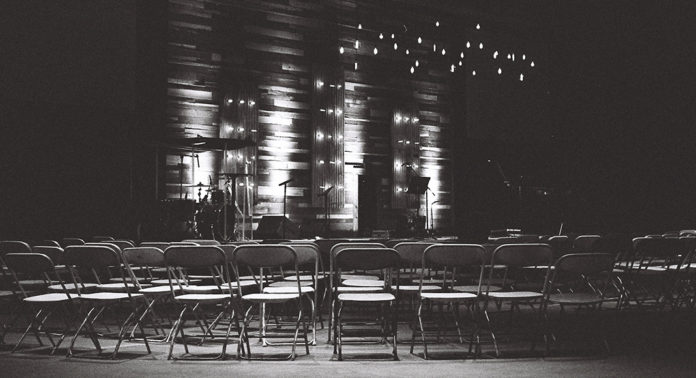My social media feed blew up in the last couple of weeks with people arguing for and against holding public worship services in the midst of the COVID-19 crisis. At the time, I was a bit surprised, unaware of the controversy that was brewing. Shortly after that, two pastors received national attention for violating stay-at-home orders by holding public worship services in Louisiana and Florida. One apparently has been charged with multiple misdemeanor counts while the latter, Rodney Howard-Browne, was arrested at his home. He has since been released, though charges are still pending. As usually happens in situations like these, differing accounts of the circumstances abound.
On March 22, before his arrest, Howard-Browne addressed the looming controversy from his pulpit. One can at least sympathize with his concerns. Howard-Browne claimed his actions were not based upon bravado but a commitment to stand for the freedoms guaranteed in the US Constitution. Submitting to the orders was, in his mind, yielding ground on First Amendment religious liberty. Secondly, Howard-Browne took issue with the exclusion of churches from the essential services list thereby de facto designating churches as “non-essential.” He noted the irony that various establishments, including liquor stores, were allowed to remain open. His church, on the other hand, provides 900 families weekly with food.
Religious leaders and adherents of most stripes would bristle at the idea that religion is “non-essential” to human life. Of course, we understand what the government orders intends to mean by the term, but language does matter. Use of this language is a tacit acknowledgement by the ruling powers that religion is not high on the priority list. Since then, many state authorities have modified their orders to ensure that religious services are protected.
The legal issues involved will be hashed out by attorneys and in courtrooms for some time to come. Howard-Browne has authorized Liberty Counsel to represent him in filing a federal challenge to his arrest. All the data and expert opinions tell us that suspension of public gatherings are prudent. Nevertheless, we ought to take care of how these powers are used and how crises that grant these powers are defined.
Of course, I am speaking as a layman here when it comes to matters of law, religious liberty, and emergency powers. My knowledge extends to a basic knowledge of the constitution, a hobbyist’s love of American history, and a few lectures by people who do know. Thus, on these legal matters, while I am uneasy, I am adopting a wait-and-see posture.
There are other more important issues at play here, however. We ought to ask ourselves whether holding public religious services is the right thing to do, not simply the legal thing to do. The pastors referenced here would say that it is the right thing to do because God’s law trumps human law, and the Scripture has said to not “forsake the assembling of yourselves together” (Hebrews 10:25). However, Jesus also plainly instructed us to love our neighbors as ourselves (Matthew 22:39). I understand this love to be a sacrificial commitment to the well-being of others. Thus, I have to ask, “Is encouraging people to gather in public worship during a pandemic prioritizing their well-being?” It is hard to answer “yes” to this question. The arrangement is a temporary one. Gatherings can take place virtually. The communion of the Spirit is with us always. And none of us is as isolated as Jesus was for forty days in the wilderness.
This is not the time for ministry leaders to take grand and gallant stands about the U.S. Constitution. Our energies are desperately needed elsewhere. Consider, for example, this urgent plea from Ed Stetzer. He cites the request of the Surgeon General specifically to the churches to help in this crisis. People will need our love and support as well as our networks to help with common needs.
There is another issue here in all of this that ought to gravely concern us as ministry leaders. Social media has also been full of theories about the origin and severity of COVID-19. Howard-Browne has repeatedly declared he doesn’t believe the medical tests are reliable. In his March 22 address, he read a statement that described conspiracies involving China, Bill Gates, global economic leaders, and other prominent personalities. Apparently, they are involved in a plot to wage World War III and take down the United States with this effort. The statement he read gave no evidence and named no sources.
We can do better than this. We must do better than this. In the midst of confusion, fear, and peril, people need to hear a clear true word. The Church is the instrument through which God intends to speak to this world. We are responsible for declaring the truth and sharing His love. If we are caught up in misinformation and unfounded speculation, we undermine our own credibility.
The task ahead of us is greater than this generation has seen. The opportunity to shine the light of Jesus is tremendous. Frankly, we ought to be busy caring for the people and the communities in our charge. If we are doing that, we simply won’t have time for grand-standing or conspiracy theories.

